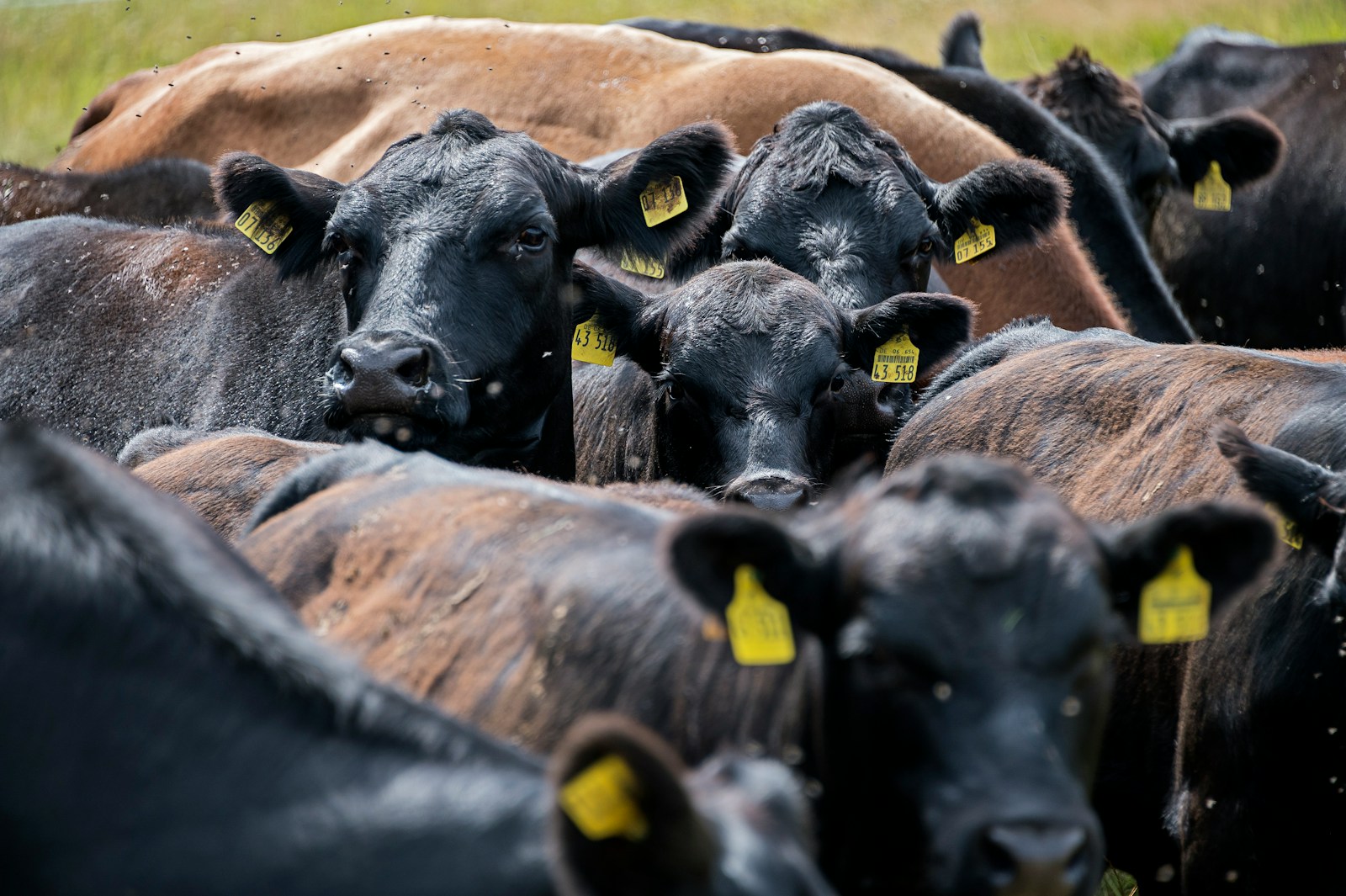WASHINGTON — Montana Congressman Troy Downing joined seven Republican colleagues in sending a letter to President Trump seeking clarity on reports of potential beef imports from Argentina, while the president defended his trade policies on social media Wednesday.
Downing and Representatives Julie Fedorchak of North Dakota, Michelle Fischbach of Minnesota, and five others from cattle-producing states sent the letter Tuesday asking how Argentine imports would align with the administration’s commitment to American agriculture.
“Montana beef is the envy of the world and a keystone of Montana’s economy,” Downing said in a press release. “Our ranchers take pride in their work, and our people crave the quality beef they know and love. Developing strong trade relations is important, but more important is nurturing the American agriculture we have right here at home.”
The lawmakers emphasized that American cattle producers maintain the “gold standard for food safety and animal health” enforced by USDA inspectors. They requested that any import policy hold foreign suppliers to the same rigorous standards that U.S. ranchers follow.
“Any import policy must hold foreign suppliers to those same rigorous standards,” the letter states. “Introducing beef from countries with inconsistent safety or inspection records could undermine the confidence that U.S. ranchers have worked decades to earn.”
The congressional inquiry comes after Trump announced the plan Sunday aboard Air Force One during a flight from Florida to Washington. “We would buy some beef from Argentina. If we do that, that will bring our beef prices down because our groceries are down, our energy prices are down,” Trump told reporters. He added that buying beef from Argentina “would help Argentina, which we consider a very good country, a very good ally,” though he did not specify how much beef would be imported.
In separate Truth Social posts Wednesday, Trump addressed the cattle industry’s concerns about trade policy, stating that ranchers “don’t understand that the only reason they are doing so well, for the first time in decades, is because I put Tariffs on cattle coming into the United States, including a 50% Tariff on Brazil.”
“If it weren’t for me, they would be doing just as they’ve done for the past 20 years — Terrible,” Trump wrote. He added that while he supports ranchers, “they also have to get their prices down, because the consumer is a very big factor in my thinking, also.”
The president emphasized in a follow-up post that “Tariffs on other Countries SAVED our Cattle Ranchers.”
The congressional letter acknowledges the cattle industry’s $112 billion contribution to rural economies nationwide and notes that producers have “endured droughts, blizzards, and volatile markets while continuing to raise safe, high-quality beef.”
Fedorchak said her office has received numerous calls from constituents about the potential imports. “North Dakotans take great pride in producing the safest, highest-quality beef in the world—and we should be building on that success,” she said.
South Dakota Representative Dusty Johnson emphasized the importance of maintaining standards. “Any decision to import foreign beef must hold countries to the same gold-standard regulations our producers meet every day,” he said.
The lawmakers requested additional information about how import decisions would be made, what safety standards would apply, and how the policy aligns with strengthening American agriculture.
“America’s producers can compete with anyone in the world,” the letter concludes. “If given an opportunity, they will continue to respond quickly to the market demand for more quality American beef in our grocery stores.”
The discussion reflects broader considerations within agricultural trade policy, balancing support for domestic producers with consumer price concerns and international trade relationships.
